
2022 Keynote Presentations
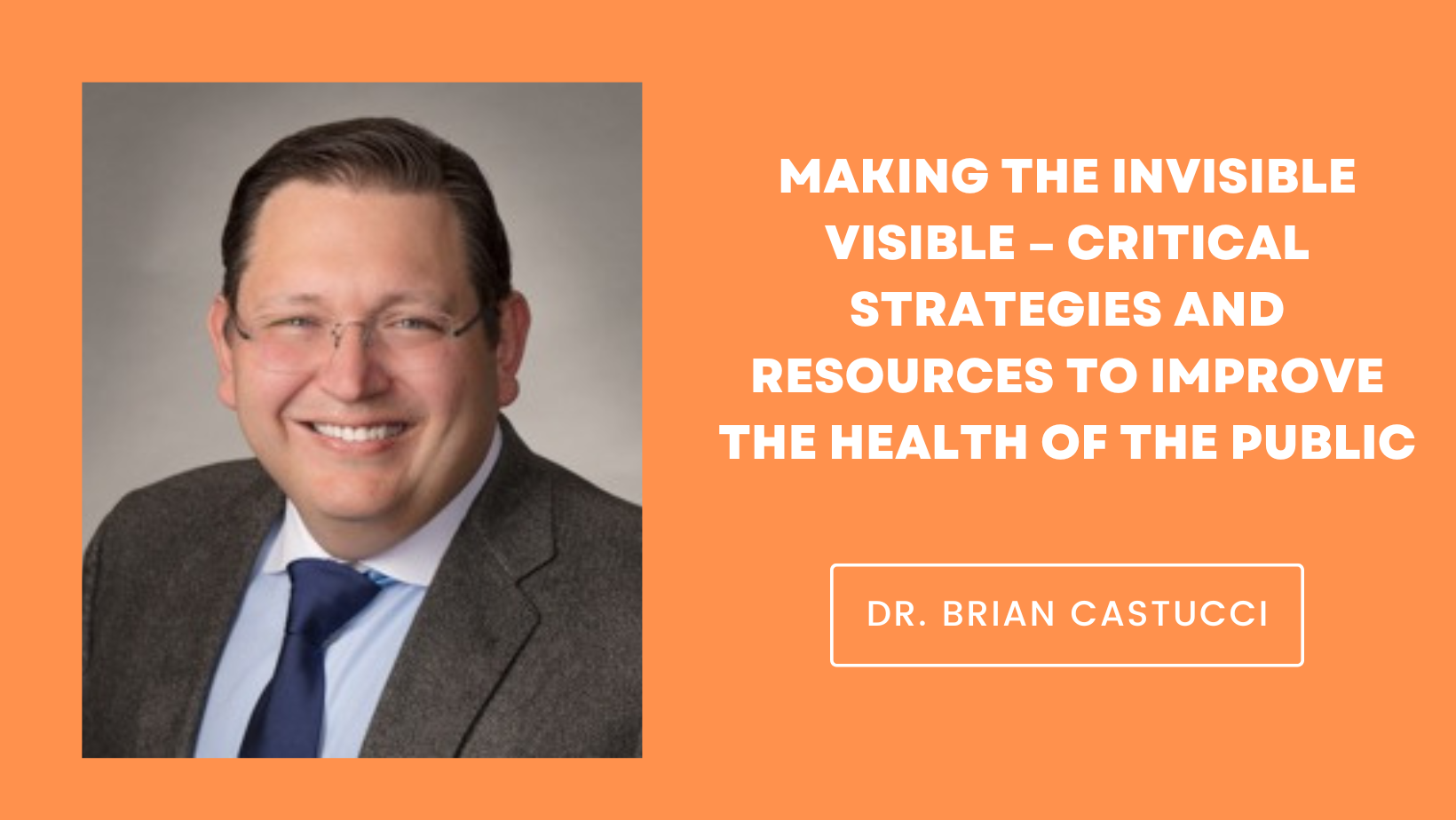
Public health policies and interventions are responsible for a 25-year increase in life expectancy between 1900 and 1999. However, through the COVID-19 pandemic, life expectancy has declined, and public health has become politicized and controversial, leading some public health practitioners to quit or retire. Some even have been physically threatened just for doing their jobs, trying to keep people healthy and safe. This session lays out a vision for the future of public health in which all Americans have a chance to thrive and identifies key steps for public health leaders needed to fulfill this vision. Attendees will leave with specific strategies, ideas, and resources to help them lead state and local governmental public health agencies and move them toward this vision.
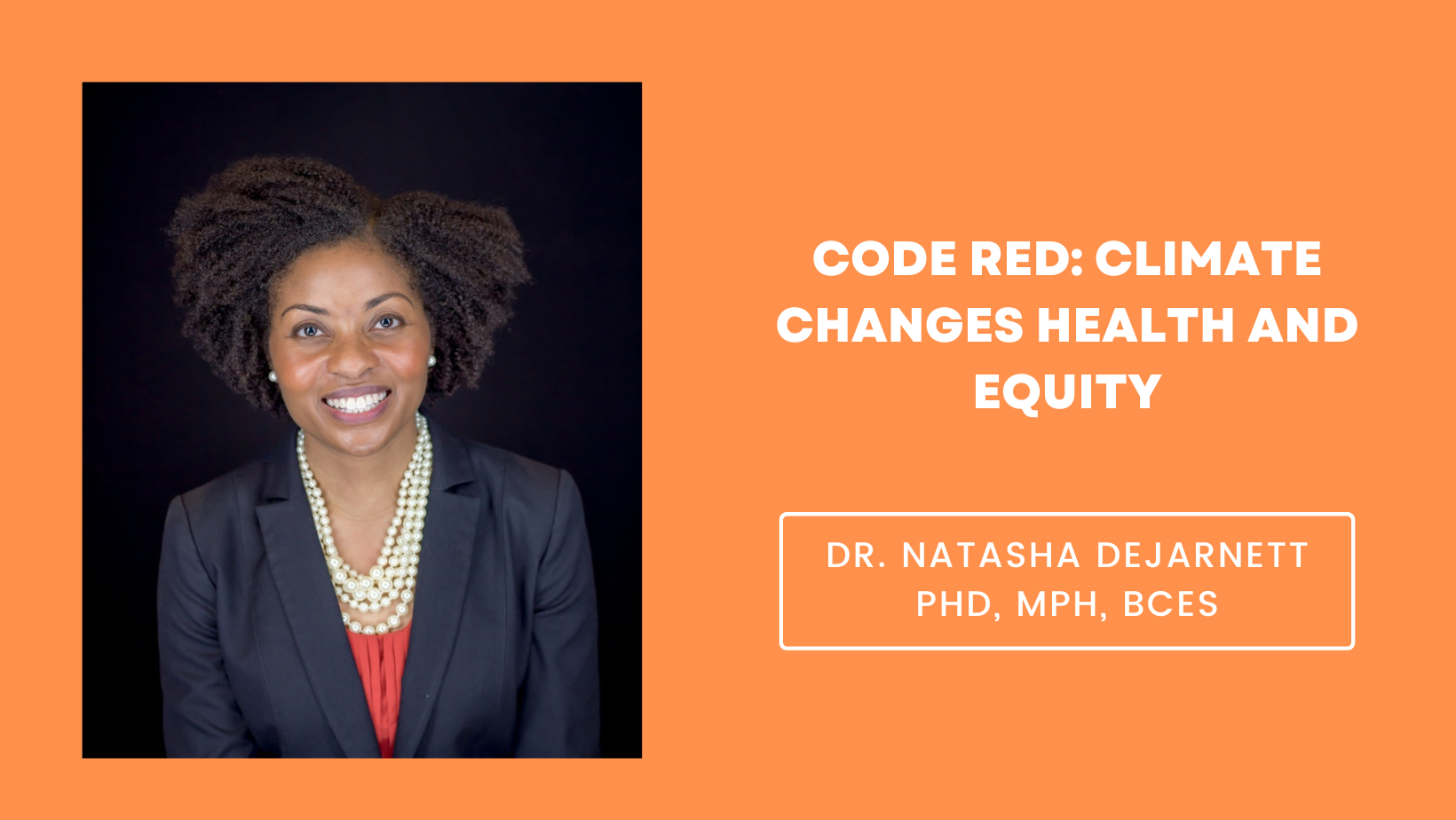
Climate change is the greatest threat to human health. With intensifying temperature extremes, increased severity and frequency of severe weather and precipitation extremes, and changes in the distribution of insects and ticks, climate change can harm the quality of the air we breathe, threaten access to safe drinking water, and hinder food safety and security. Beyond the physical health impacts, direct and indirect exposure to climate events can also harm mental health and wellbeing. Further, climate change exacerbates inequities among populations most susceptible to these health threats. This presentation will discuss climate impacts as well as provide public health solutions being implemented across the nation.
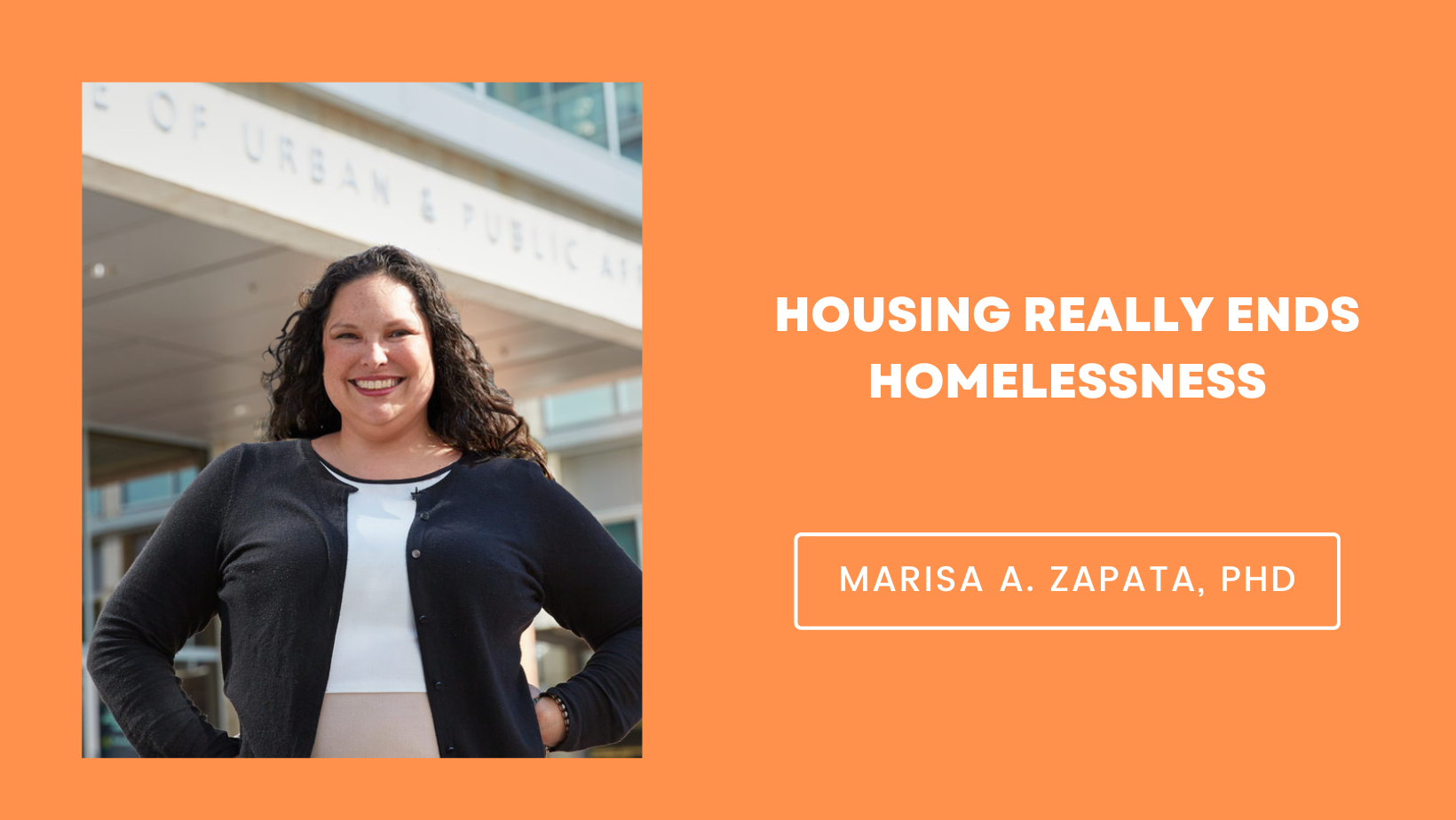
People working on or who experienced homelessness often repeat the mantra - housing is healthcare. But, what does that really mean? In this talk I will discuss the intersection of homelessness, healthcare, and urban planning. Collectively each field is in different places of understanding that housing not only solves homelessness, but is fundamental to the overall ability for all community members to live their best lives. For people of color and other marginalized communities, the need for stable, safe, and accessible housing takes on even more significance. As attention to homelessness has grown because of the increased visibility of people living unsheltered, the stakes are high to ensure that communities create or obtain needed housing. The knowledge of public health, homeless services, and urban planning makes the case for housing. Together the fields can create a stronger advocacy platform that housing ends homelessness.
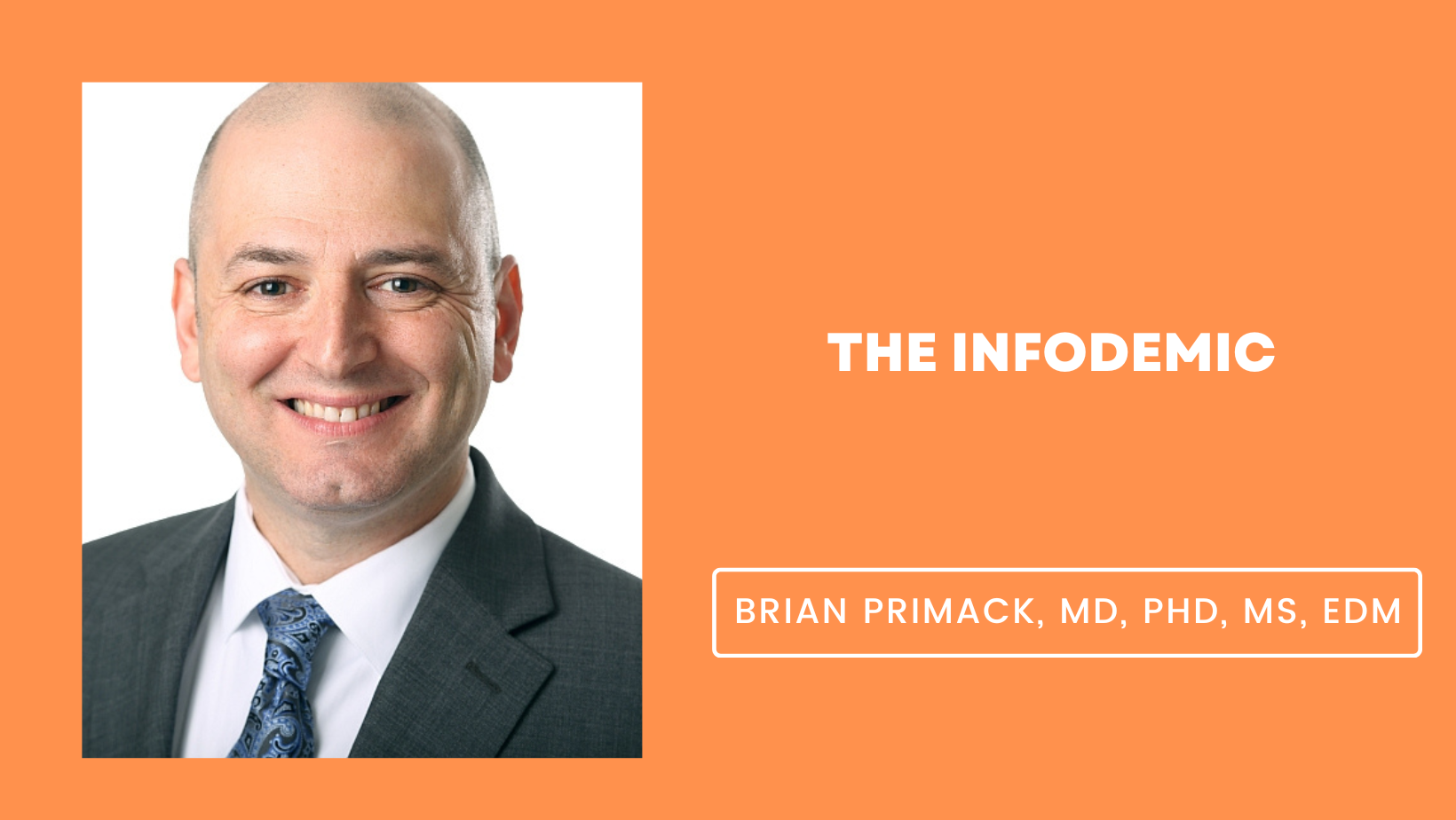
While the word “Infodemic” isn’t in Merriam-Webster just yet, it’s only a matter of time. The term was first seen just 20 years ago in 2003, and its use skyrocketed recently. For example, the Director-General of the World Health Organization stated on March 28, 2020 that “We’re not just fighting an epidemic; we’re fighting an infodemic,” referring to fake news that “spreads faster and more easily than this virus.” In this session, we’ll discuss why infodemics can be even more challenging than viral pandemics to control. We’ll also learn via specific examples how many different health conditions are affected by infodemics. We’ll also learn more about why they are likely to only increase in magnitude over time due to changes in technology. Finally, we’ll discuss how we might be able to reduce the power of infodemics that are hampering many of our public health efforts.
2022 Plenary Panel
The Public Health Implications of Overturning Roe V Wade: A Focus on Oregon
On June 24th , the US Supreme Court overturned the landmark Roe v. Wade decision and removed federal protection for elective abortion. Since 1973, abortion has been a safe and common medical procedure. Approximately 1 in 4 American women has had an abortion by age 45. Roe established the right to abortion; however, access has been increasingly restricted in many states over the years through a broad range of laws and regulations. With almost 50 years of legal abortion practice, we now have a robust body of research on the safety and efficacy of abortion and the impact of abortion restrictions on people’s health and well-being. Now states have the power to ban abortion outright which will increase the inequities that already plague the health care system and our society. This panel will address the implications of overturning Roe on public health and the wellbeing of pregnant people and their families, the legal landscape for accessing abortion in Oregon, and efforts in Oregon to assure access to high-quality abortion services for Oregonians and for patients who lost access to safe and legal abortion.
Moderator: Marie Harvey, DrPH, MPH
Panel Presenters: Shannon O’Fallon, JD, Anne Udall, PhD, Jocelyn Warren, PhD, MPH,
Presenter Bios:

Brian Primack, MD, PhD, MS, EdM
Dean of the College of Public Health and Human Sciences, Oregon State University
Brian A. Primack is dean of the College of Public Health and Human Sciences at Oregon State University. He began his tenure as dean and professor on June 30, 2022.
Prior to moving to Corvallis, Dr. Primack was dean of the College of Education and Health Professions at the University of Arkansas. In this role, he guided a highly diverse unit serving over 5000 undergraduate and graduate students, 300 staff members, and 180 faculty members. The college is characterized by rigorous instruction in areas such as K-12 education, nursing, educational policy, occupational therapy, exercise science, adult and community education, counseling, and human resources and workforce development. Dr. Primack also served as the Henry G. Hotz Endowed Chair in Educational Innovations and Professor of Public Health and Medicine.
Prior to moving to the University of Arkansas, Dr. Primack was Professor of Medicine, Pediatrics, and Clinical and Translational Science at the University of Pittsburgh School of Medicine. There, he also served as Assistant Vice Chancellor for Research on Health and Society and the Leo H. Criep Endowed Chair in Patient Care. He was also founding director of the University of Pittsburgh's multidisciplinary Center for Research on Media, Technology, and Health, which is widely regarded as the most influential center of its kind globally. The Center has over 200 publications in the past decade, over $10 million in federal research funding, and multiple top research awards. Its findings have been published in multiple major journals in medicine, public health, and social science, and those results have been reported in news sources such as NPR, the New York Times, Cosmopolitan Magazine, US News and World Report, the BBC, and many more.
After graduating Yale University magna cum laude in 1991 with degrees in English and Mathematics, Dr. Primack spent 4 years teaching adolescents and studying human development for his master's degree, which he received from Harvard University. He subsequently graduated first in his class and summa cum laude from Emory Medical School and trained in Family Medicine in Pittsburgh.
Dr. Primack combines his expertise in education, technology, human development, and medicine by researching both positive and negative effects of media messages on health. He is a pioneer on the use of media literacy education in preventing adolescent smoking, underage drinking, and other harmful adolescent health behaviors. He has also conducted extensive research on the new phenomenon of waterpipe ("hookah") tobacco smoking.
He is the recent recipient of regional, national, and international awards for research, teaching, and overall achievement, including the New Investigator of the Year by the Society of Adolescent Health and Medicine (2006), the Robert Wood Johnson Faculty Physician Scholar Award (2006-2009), the Early Career Research Award from the Society of Behavioral Medicine (2010), the University of Pittsburgh Cancer Institute Junior Faculty Scholar Award (2010), and the University of Pittsburgh Outstanding Medical Student Mentoring Award two years in a row (2013 and 2014). In 2014, he was honored to give a TED talk on their main stage. In 2019, he became only the 7th person in the state of Arkansas to be elected into the American Society of Clinical Investigation, the leading organization globally for physician-scientists.

Dr. Brian Castrucci
President and CEO, deBeaumont Foundation
Brian C. Castrucci, DrPH, MA, is the president and chief executive officer of the de Beaumont Foundation. He has built the Foundation into a leading voice in health philanthropy and public health practice.
An award-winning epidemiologist with 10 years of experience working in state and local health departments, Brian brings a unique perspective to the philanthropic sector that allows him to shape and implement visionary and practical initiatives and partnerships and bring together research and practice to improve public health.
Under his leadership, the de Beaumont Foundation is advancing policy, building partnerships, and strengthening the public health system to create communities where people can achieve their best possible health. Among the projects he has spearheaded are CityHealth, the BUILD Health Challenge, and the Public Health Workforce Interests and Needs Survey (PH WINS). He is also an editor and contributing author to The Practical Playbook. Public Health. Primary Care. Together, published by Oxford University Press in 2015.

Dr. Natasha DeJarnett PhD, MPH, BCES
Assistant Professor of Medicine, University of Louisville; Professorial Lecturer, The George Washington University
Dr. Natasha DeJarnett (she/her) is an assistant professor in the Christina Lee Brown Envirome Institute at the University of Louisville Division of Environmental Medicine researching the health impacts of extreme heat exposure and environmental health disparities. In addition, she is a professorial lecturer in Environmental and Occupational Health at the George Washington University Milken Institute School of Public Health. Previously, Dr. DeJarnett was interim associate director of Program and Partnership Development at the National Environmental Health Association, leading research, climate and health, and children’s environmental health. She also previously served as a policy analyst at the American Public Health Association (APHA), where she led the Natural Environment portfolio, including air and water exposures along with climate change. Dr. DeJarnett is a member of the EPA’s Children’s Health Protection Advisory Committee, is chair of the Governing Board of Citizens’ Climate Education, a president-elect of the Board of Directors of Physicians for Social Responsibility, chair-elect for APHA’s Environment Section, member of the Advisory Board of APHA’s Center for Climate, Health and Equity, a member of the Board of Trustees for the BTS Center, special advisor to the Environmental Health and Equity Collaborative, and a Steering Committee member of the International Transformational Resilience Coalition.

Marisa A. Zapata, PhD
Director, Homelessness Research & Action Collaborative
Portland State University
Dr. Marisa Zapata is an Associate Professor of land-use planning and Director of the Homelessness Research & Action Collaborative at Portland State University. She received her Ph.D. in Regional Planning from the University of Illinois Urbana-Champaign, her M.U.P. in Urban Planning from the University of Illinois Urbana-Champaign, and B.A. in anthropology from Rice University.
As an educator, scholar, and planner, Dr. Zapata is committed to achieving spatially based social justice by preparing planners to act in the face of the uncertain and inequitable futures we face. She believes how we use land reflects our social and cultural values.
Dr. Zapata’s research explores three main questions: 1) How can we plan across deeply embedded cultural differences to produce just and sustainable places? 2) How can planners prepare places to act in the face of the multiple futures that may unfold in a given place? and 3) What are the most effective institutional arrangements between governments and civic society to collaborate regionally? She is especially concerned about equitable planning for uncertain futures in highly diverse communities.
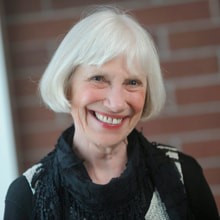
Marie Harvey, DrPH, MPH
Marie Harvey, DrPH, MPH, is an OSU Distinguished Professor of Public Health and the Associate Dean for Research in the College of Public Health and Human Sciences at Oregon State University. She is the recipient of the 2008 Award for Lifetime Achievement in the field of Population, Family Planning, and Reproductive Health from APHA and the 2017 Lifetime Achievement Award from OPHA. Marie co-edited The New Civil War: The Psychology, Culture and Politics of Abortion published in 1998. More recently her work has examined the impact of Medicaid expansion on access to and utilization of abortion services in Oregon. She is dedicated to the use of research findings to inform policies and practices that improve the public’s health.
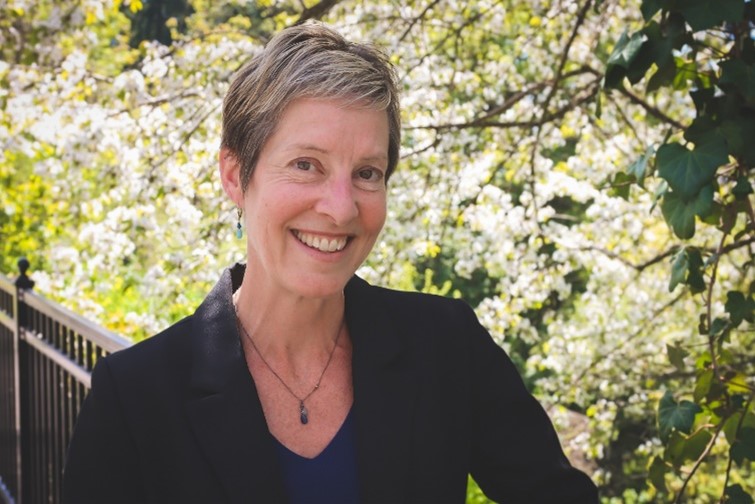
Shannon O’Fallon, JD
Shannon O’Fallon, JD, is a Senior Assistant Attorney General with the Oregon Department of Justice and graduated from the University of Oregon School of Law in 1993. After law school Shannon moved to Alaska and worked for the Alaska Attorney General's Office for over seven years, representing both human services and natural resources agencies. She has been with the Oregon Department of Justice since April, 2002, and has advised the Oregon Health Authority, Public Health Division, including the Reproductive and Sexual Health Program since 2004. She is now lead counsel for the Oregon Health Authority.
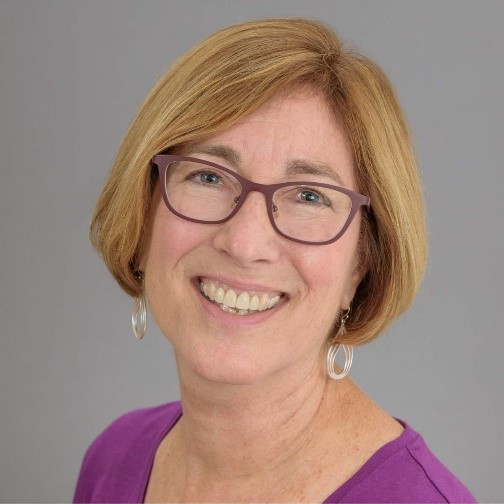
Anne Udall, PhD
Anne Udall, PhD, is President and CEO of Planned Parenthood Columbia Willamette (PPCW). Prior to August 2017, she served PPCW in an interim capacity. She has more than 20 years of experience in executive leadership and management in nonprofit and education settings. She previously served as Chief Strategy Officer at the New Teacher Project in Santa Cruz, California, where she led the development and implementation of a four year strategic plan, coordinated efforts with key national funders, and advanced equity and inclusion initiatives. Anne is responsible for the operation and management of seven health centers in Oregon and Southwest Washington serving more than 58,000 patients annually and an education department that reaches more than 8,000 young people annually.
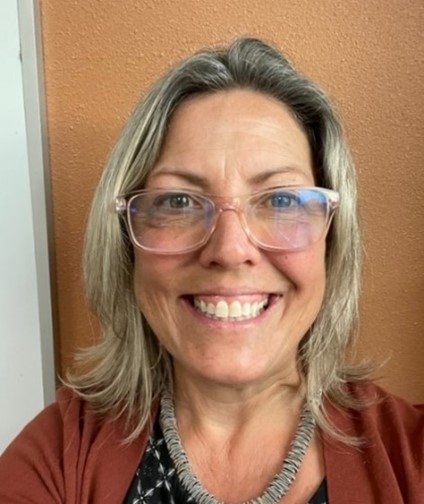
Jocelyn Warren, PhD, MPH
Jocelyn Warren, PhD, MPH, is the Public Health Administrator for Lane County, chair of the Coalition of Local Health Officials, and member of the state’s Public Health Advisory Board. In 2017, she was selected for the Kresge Foundation’s Emerging Leaders in Public Health initiative, which supports transformation of public health practice at the local level. Prior to joining Lane County, Dr. Warren was a post-doctoral fellow and an Assistant Professor, Senior Researcher in the OSU College of Public Health and Human Sciences. Her dissertation research contributed to the body of work that demonstrated the lack of scientific evidence of a causal relationship between abortion and depressive symptoms.
Registration is OPEN!
|